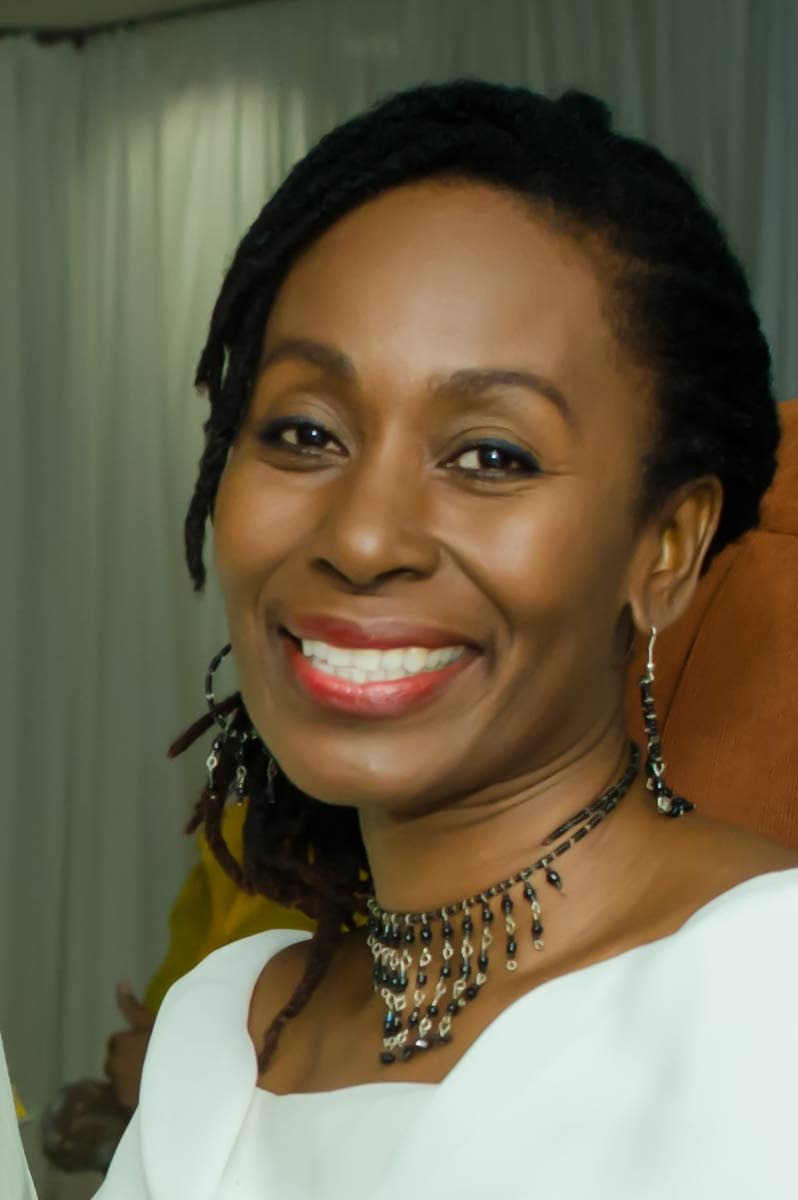Trinidad and Tobago, once buoyed by the oil boom, now grapples with the repercussions of mismanagement, corruption, and economic decline. As the nation faces an uncertain future, the voices of calypso artists emerge as powerful advocates for change, offering both critique and solutions. Dara E Healy, a performing artist and founder of the Idakeda Group, reflects on the enduring relevance of calypso music in addressing societal issues and fostering cultural resilience. Despite the government’s persistent neglect of the arts as a strategic economic force, events like Tobago’s carnival demonstrate the community’s commitment to preserving and amplifying local culture. Healy draws inspiration from iconic calypsonians who, over decades, have fearlessly addressed systemic failures. Tobago Crusoe’s 1983 calypso, *Don’t Cry Now*, highlighted the nation’s poor decisions, from neglecting agriculture to extravagant spending, while Mighty Chalkdust in 1968 urged a return to local practices to combat economic devaluation. Attila the Hun’s 1937 critique of financial mismanagement and Mighty Shadow’s 1994 *Poverty is Hell* further underscore the enduring inequities in society. These artists, Healy argues, serve as cultural practitioners who compel society to confront its flaws and seek collective advancement. Their messages remain relevant today, urging citizens to take responsibility for the nation’s future. As Trinidad and Tobago navigates its post-oil era, the legacy of calypso music offers a roadmap for economic diversification, cultural preservation, and social justice.
